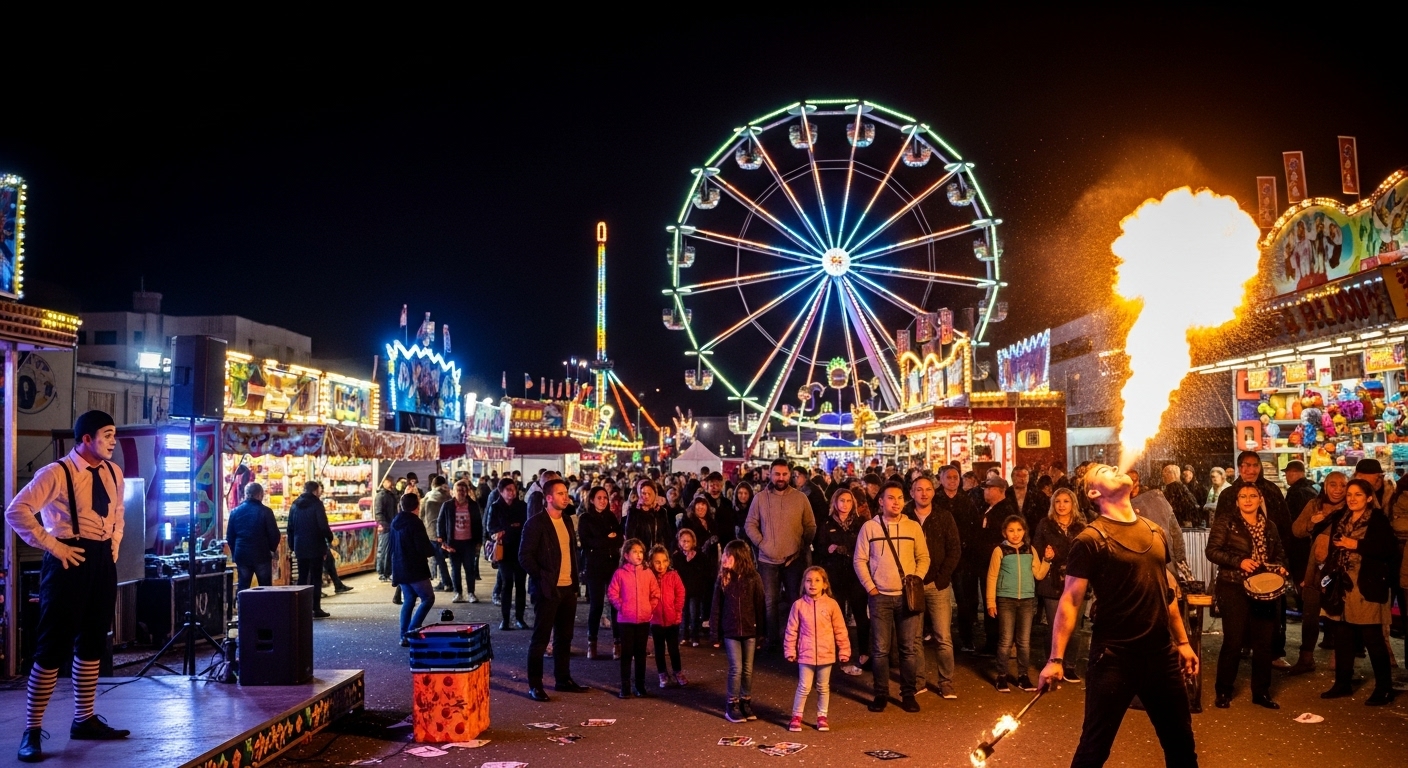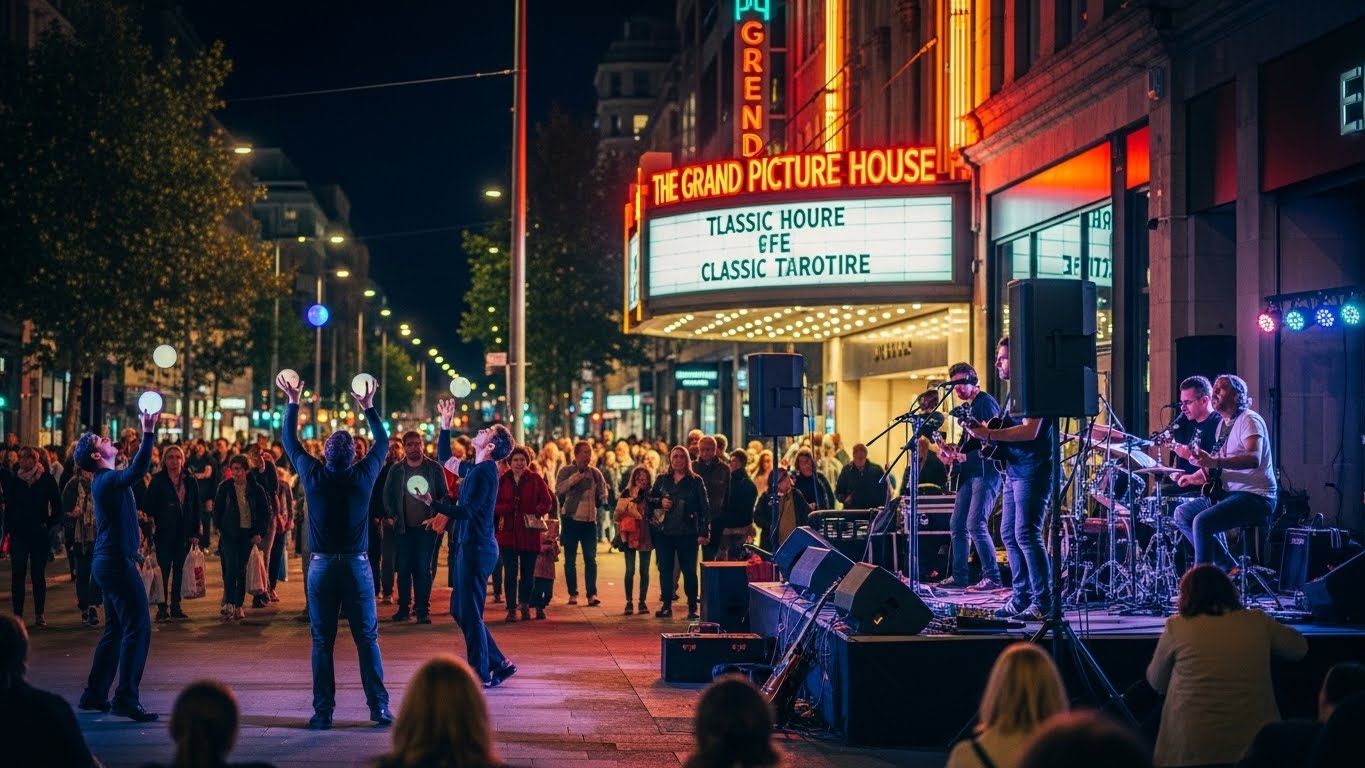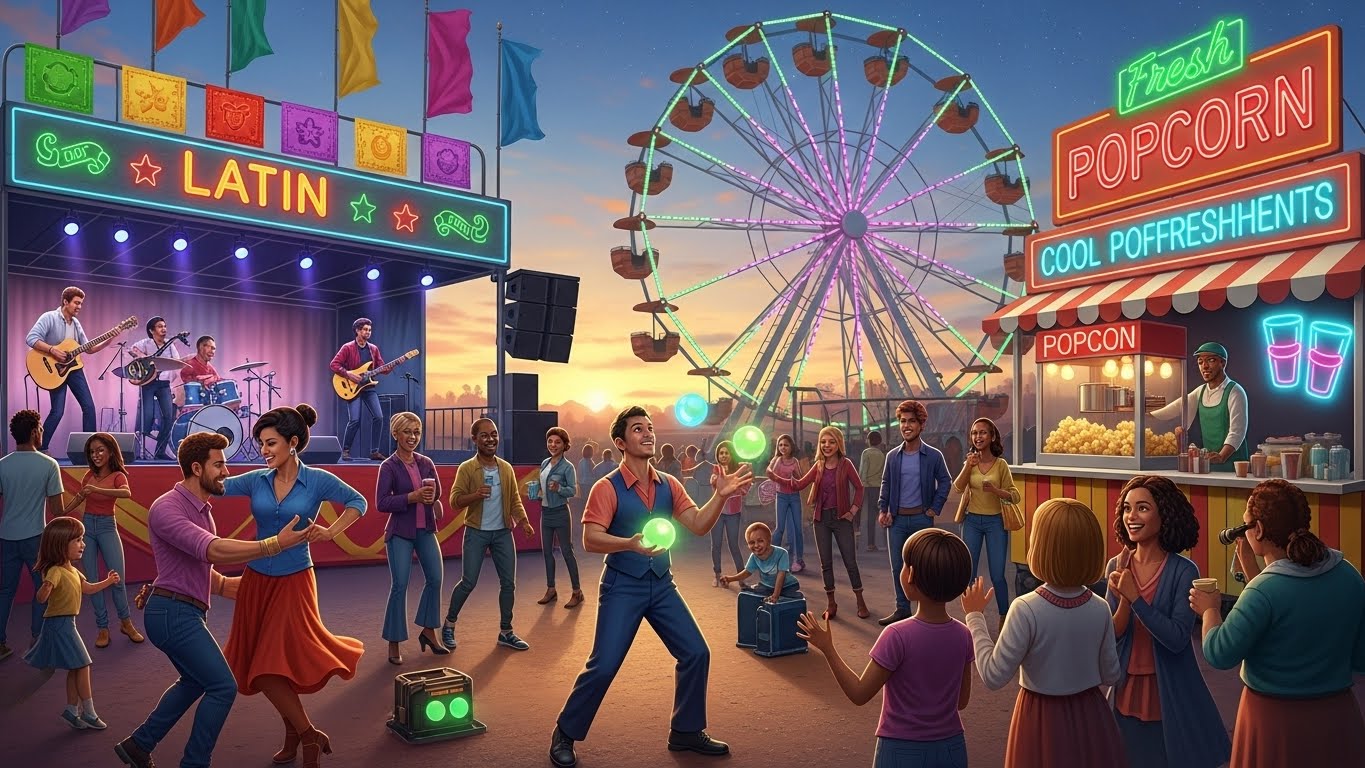Introduction
Entertainment is an essential part of human life, shaping how we relax, connect, and experience the world. From the earliest forms of storytelling and music to modern films, television, and digital content, entertainment has always provided a way to escape reality, spark imagination, and inspire creativity. It is more than just leisure—it reflects culture, emotions, and society itself.
The Evolution of Entertainment
Entertainment has evolved alongside human society. Ancient forms such as theater, music, and dance were communal experiences that brought people together. With technological advances, new mediums emerged, including cinema, radio, television, and video games. Today, digital streaming, online videos, and interactive content dominate, allowing audiences to enjoy entertainment anytime and anywhere. This evolution has made entertainment more immersive, accessible, and personalized than ever before.
Entertainment as a Cultural Mirror
Entertainment reflects and influences the culture of its time. Films, music, and television often explore social issues, traditions, and human emotions, giving audiences a lens through which to understand society. Popular content can spark conversations, challenge perspectives, and shape trends. Through entertainment, people connect with stories and ideas from around the world, bridging cultural gaps and creating shared experiences.
Technology Transforming Entertainment
Modern technology has revolutionized how people consume and interact with entertainment. Streaming services provide instant access to movies, music, and live events. Video games and virtual reality experiences immerse audiences in interactive worlds. Artificial intelligence is now shaping content recommendations and creating personalized experiences. Technology continues to expand the possibilities of storytelling and audience engagement, making entertainment more dynamic and interactive.
The Economic Impact of Entertainment
Entertainment is a major driver of the global economy. The industry creates millions of jobs for actors, musicians, writers, producers, game developers, and event organizers. Digital content and social media have opened new revenue streams for creators, while films, concerts, and live events generate significant economic activity. Entertainment not only drives profits but also inspires creativity, innovation, and entrepreneurship.
Entertainment and Well-being
Entertainment has a profound impact on mental and emotional well-being. Music can relax the mind, films can evoke empathy, and games can enhance problem-solving skills. Engaging in entertainment provides a healthy escape from stress, fosters social connections, and encourages creativity. It allows people to explore emotions, imagine new possibilities, and recharge for everyday life.
The Future of Entertainment
The future of entertainment promises even more immersive and personalized experiences. Advances in virtual reality, augmented reality, and artificial intelligence will continue to transform storytelling and interaction. Content will become increasingly adaptive, offering experiences tailored to individual preferences. As technology evolves, entertainment will remain a central part of human life, inspiring creativity and connecting people across the globe.
Conclusion
Entertainment is more than a pastime—it is a reflection of society, a source of inspiration, and a tool for connection. From traditional art forms to digital innovations, it enriches our lives and shapes our experiences. As technology and creativity continue to evolve, entertainment will remain a vital part of modern life, bringing joy, insight, and connection to people everywhere.



